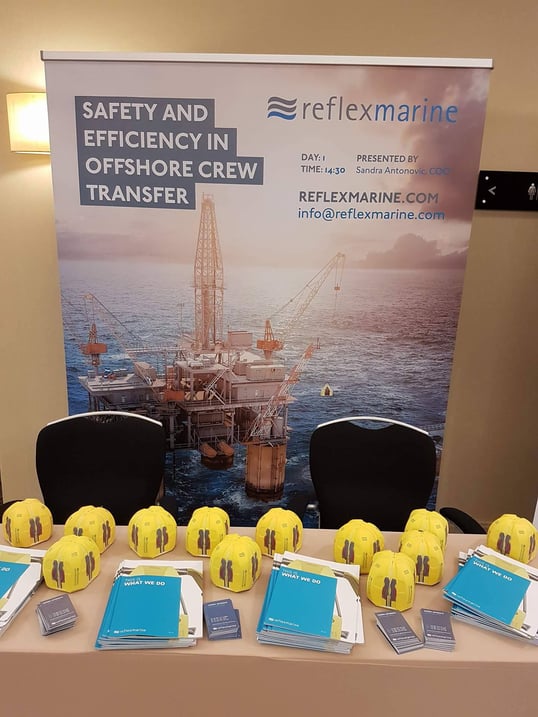The Caspian Sea is a landlocked body of water between Europe and Asia. Five countries — Russia, Kazakhstan, Turkmenistan, Iran and Azerbaijan — border the inland sea. Rich in oil and gas reserves, the Caspian Sea has strategic importance on the global energy map. It also has strategic importance on Reflex Marine’s global map.
The Caspian Sea is a politically challenging region. Negotiations to establish maritime borders have gone on for nearly two decades. As a consequence, many of the offshore oil and natural gas resources have not been exploited yet.
Many of the presentations and discussions at the Baku Oil and Gas Summit focused on the Southern Gas Corridor and Europe’s growing interest in energy supplies from the Caspian, as EU tries to lessen Russia’s energy influence. On the other side, China’s interest in energy supplies from the Caspian is also growing. Both Europe and China rely on long distance gas pipelines to key gas markets.
Unsurprisingly, both Iran and Russia objected to progress of pipeline projects, like the Trans-Caspian gas pipeline. Recent OPEC and non-OPEC productions cuts only increased the Caspian’s strategic importance as a balancing option between Russia and the West.
With its geopolitical challenges, layered NOC fiscal terms, competition between IOCs and NOCs, there are more and more reasons for collaboration between companies working offshore in the Caspian Sea. It was pointed out a few times during this conference: The reason for failure will be lack of collaboration, not the lack of human resources or funds.
Reflex Marine has been actively supporting companies working offshore in the Caspian region for over 10 years, with main focal points being Azerbaijan and Turkmenistan. In the past months we spoke to many companies from Iran, Russia and Kazakhstan, and their interest for a safe and efficient offshore transfer solution is encouraging. With our FROG-XT range and HAWK Deck Motion Monitor system we have a lot to offer.
